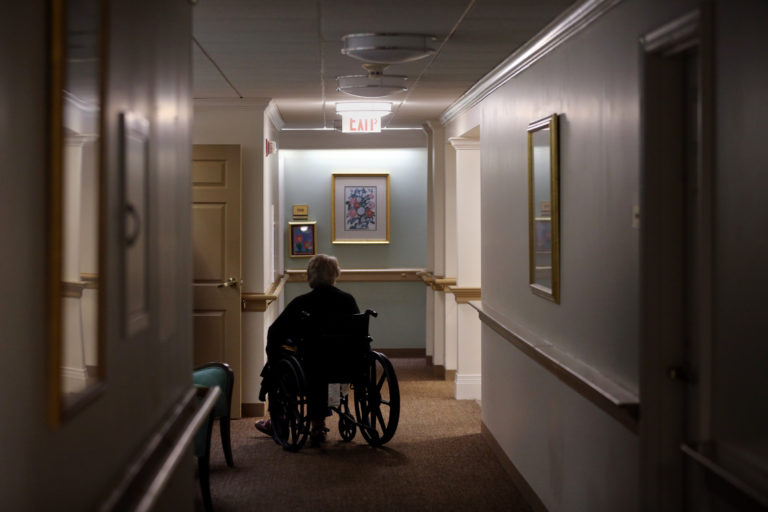
Workers and labor experts assert that understaffing remains a persistent problem in the U.S. healthcare industry, even after the pandemic. This ongoing issue has grave repercussions for patient care, residents' well-being, and has led to widespread burnout in the caregiving sector.
According to a Guardian article, understaffing in nursing homes has always been a problem. The situation took a turn for the worse during the Covid-19 pandemic. Workers were leaving due to staff shortages, frequent Covid outbreaks, and the overwhelming workloads that the remaining staff had to shoulder to compensate for the shortfall. This, in turn, affects the residents, who gets less quality care.
It was noted that many tasks necessitate the involvement of multiple staff members, such as operating lifts to assist patients with activities like getting in and out of bed, bathing, and eating. Unfortunately, nursing aides are often unavailable to provide the necessary assistance. This ongoing understaffing results in staff members sacrificing their breaks and meals, and seeking shortcuts to save time, all in a bid to attend to the needs of every resident. Some residents even hesitate to request assistance due to their awareness of the facility's understaffing and the immense workload on the staff. When tasks are omitted or overlooked, the residents' conditions can rapidly deteriorate.
Among the tasks that gets challenging are showering of residents. It was also noted that people lose their ability to walk, sit up, or perform basic movements as a result of getting less care due to staff shortages.
The Biden administration and labor organizations are advocating for change. The US Department of Health and Human Services' Centers for Medicare & Medicaid Services (CMS) has introduced a proposal to establish minimum staffing standards in long-term care facilities, with the public comment period concluding on November 6. If enacted, this would mark the first-ever federal minimum staffing standard for the 1.2 million individuals in nursing homes.
According to the proposed rule, the CMS estimates that 75% of facilities would need to improve their staffing. The rule mandates nursing homes to offer residents a minimum of 0.55 hours of care from a registered nurse per resident per day and 2.45 hours of care from a nurse aide per resident daily.
Over 50 unions, worker groups, and organizations have signed a letter in support of federal minimum staffing requirements for nursing homes, including prominent entities such as the Service Employees International Union (SEIU), the AFL-CIO, and MomsRising.
SEIU's president, Mary Kay Henry stated that the nation's long-term care system is currently grappling with a catastrophic crisis, with nursing home workers and residents enduring unspeakable consequences. In the absence of a federal staffing standard, nursing home staff have been subjected to physical, mental, and emotional exhaustion due to understaffed shifts and unsafe working conditions, while nursing home residents have been denied the quality care and quality of life they deserve.
Nevertheless, several CEOs of nursing homes have submitted public comments opposing the rule, citing cost and labor shortages as barriers. Simultaneously, numerous workers and family members of residents have expressed their support for the rule or have called for even stricter standards.
The nursing home industry is a multi-billion dollar sector, with approximately 70% of nursing homes operating as for-profit facilities. Private equity firms have expanded their ownership or stakes in nursing homes in recent years, with research indicating that private equity ownership leads to poorer health outcomes.
Tina Siegel, who has served as a licensed practical nurse in a nursing home in Erie, Pennsylvania for 38 years, attested that staffing shortages have always been a concern in the industry and were exacerbated during the pandemic. Earlier this year, Pennsylvania instituted statewide staff-to-patient ratios for nursing homes due to efforts by workers like Siegel, which she believes have had a positive impact on staffing issues. She asserted that these ratios should be implemented nationwide to enhance working conditions for staff and provide the care and dignity that nursing home residents deserve.
"We feel really connected to our residents. We take care of them, some of them we’re the only family they have. We’re there when they’re passing away, and you want to spend time with them because you’re the only person there, but a lot of times you don’t have time to do that either. So... you feel bad because in their last moments of their life, they’re by themselves and that shouldn’t happen to people," said Siegel.